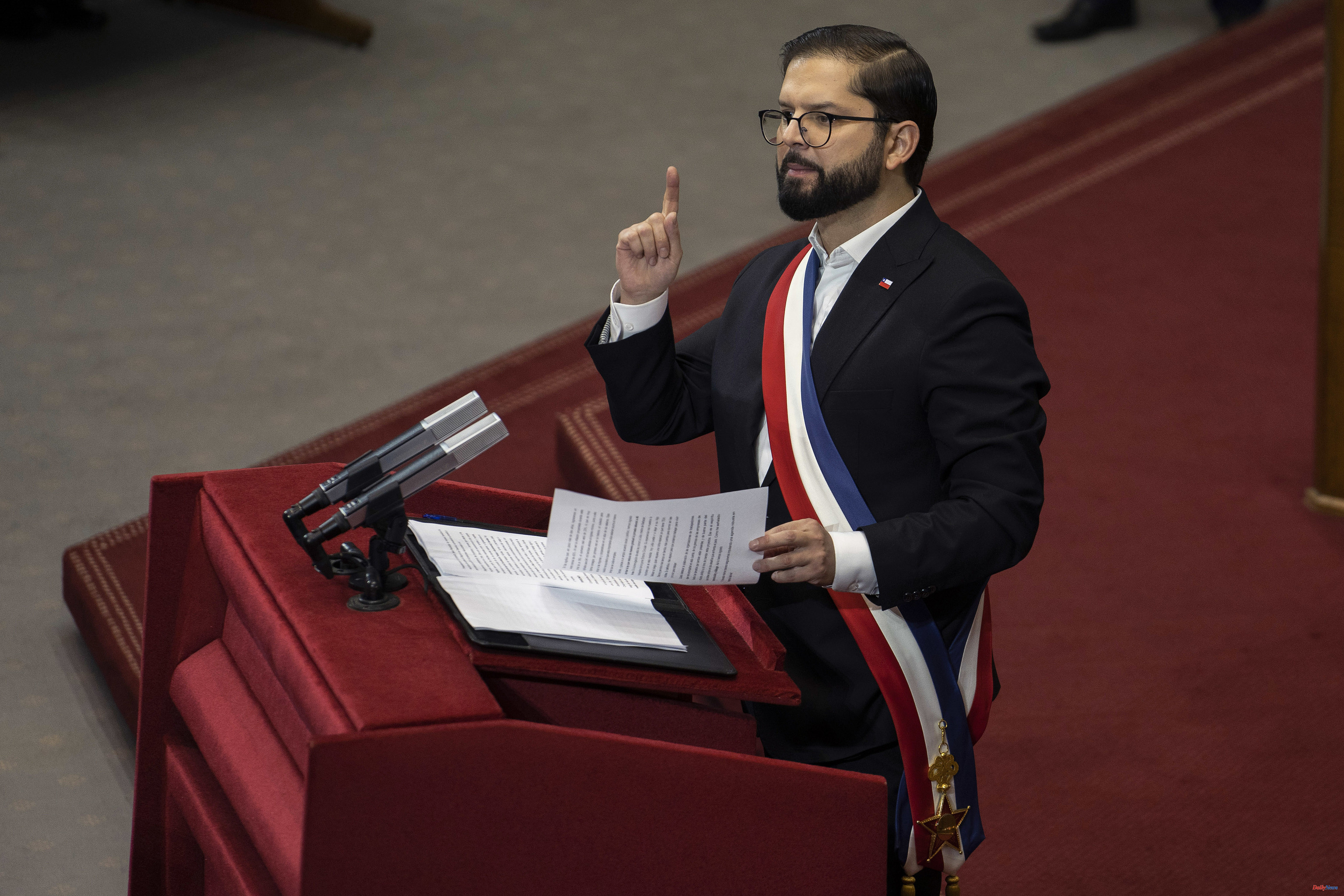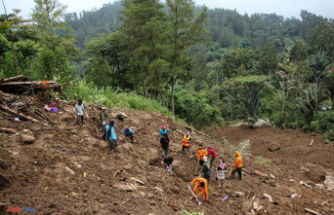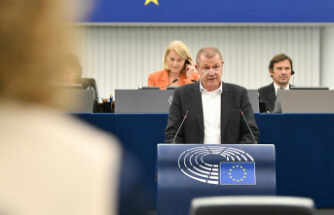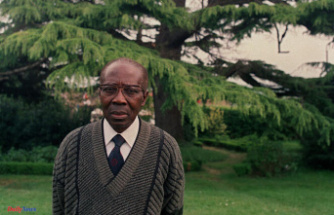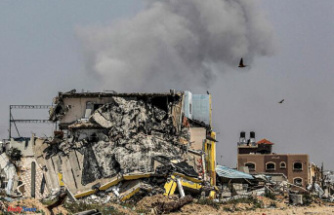33 years after the end of the Augusto Pinochet dictatorship, Chile intends to redouble its efforts to find thousands of detainees and disappeared whose fate is still unknown. Everything happens in a context in which the figure of Pinochet returned to the forefront after being described as a "statesman" by a leader of the right-wing opposition.
The dictatorship of Augusto Pinochet began in 1973 and ended in 1990, but his shadow is very long, as President Gabriel Boric himself admitted this week, during the annual "public account" in which he took stock of his first 15 months in government .
"We will not give up on the moral duty that exhausting all the necessary resources represents so that the detained, disappeared and executed whose bodies have not yet been found can rest in peace," said the 37-year-old president, born when the Pinochet dictatorship was already under way. towards its end.
Boric announced that he will allocate 17.5 million dollars to strengthen the Legal Medical Service (SML) in 2024 and thus advance in the search for victims of the dictatorship.
"It is a propitious occasion for us to reaffirm that no difference between us will lead us to neglect and stop defending democracy and human rights," added the president, who has led the government more to the left since the 1970s. led by Salvador Allende, overthrown by Pinochet.
"For this reason I take advantage of this solemn ceremony to ask those of us who are gathered here, the representatives of the Republic in all its diversity, to unite as a single body, as a single soul, to prevent the poison of lack of empathy and intolerance continue to inoculate our collective body," Boric emphasized.
Despite the fact that the search for the victims of the dictatorship has united all the governments of the democracy recovered in 1990, the unity that Boric seeks is not easy.
After the victory of the hard right in the election for conventional constituents that must sanction a new Constitution that will leave in memory the one born in 1980, under Pinochet, the political environment is rarefied in Chile.
A recent survey revealed that 36% of Chileans approve of Pinochet's coup for having prevented Chile from falling into Marxism. The coup took place on September 11, 1973, a date that is about to celebrate its 50th anniversary.
At the same time, the conventional constituent with the most votes in the last elections, Luis Silva, caused a great impact by defining Pinochet as "a statesman."
"There is a hint of admiration for the fact that Augusto Pinochet was a statesman," Silva said, though he lamented the "atrocious" human rights violations.
Boric did not miss Silva's phrase: "Augusto Pinochet was a dictator, essentially anti-democratic, whose government killed, tortured, exiled, and made those who thought differently disappear. He was also corrupt and a thief. A coward to the end, he did everything he was within his reach for evading justice. Statesman ever".
The "statesman" label attached to Pinochet's figure disturbed the right-wing opposition, which for the most part has been detached from the years of the dictator, but is linked to him again after Silva's statements.
Michelle Bachelet, former president, attended Boric's "public account" and rejected the claim of the dictator figure: "No one can justify human rights violations, no one can justify justifying a coup. Chile is a In a democratic country, we have to be able to solve our problems through democratic means. Democracy is not perfect, but at least it allows us to find ways to resolve our conflicts."
A member of the Socialist (Social Democratic) Party, Bachelet knows the story firsthand: her father, General Alberto Bachelet, was arrested in 1974 and tortured to death.
According to the various truth commissions that have recorded executions, disappearances, and human rights violations, the number of victims of the Pinochet dictatorship exceeds 40,000 people. Of these, 3,065 are dead or disappeared between September 1973 and March 1990.
The Rettig Report, carried out by the Truth and Reconciliation Commission in 1991, only counted executions and disappearances: 2,279 deaths at the hands of the security forces.
In 2003 the "Valech Commission" was established, named after Sergio Valech, former bishop of Santiago. The report that this commission presented in November 2004 speaks of more than 30,000 victims. In its second report, presented in 2011, the commission speaks of 40,018 victims of the dictatorship.
Pinochet enacted an Amnesty Law in 1978 that protected from legal proceedings those accused of violating human rights between 1973 and 1978. However, in 1998, the Supreme Court established that this decree of the dictator was inapplicable in terms of human rights.
Around 1,500 members of the military and security forces were investigated for their responsibility in human rights violations during the dictatorship. Several hundred were sentenced by the courts of justice to sentences to be served in freedom, while 129, the majority around 80 years of age, are imprisoned in Punta Peuco, a prison exclusively for them.
According to the criteria of The Trust Project

